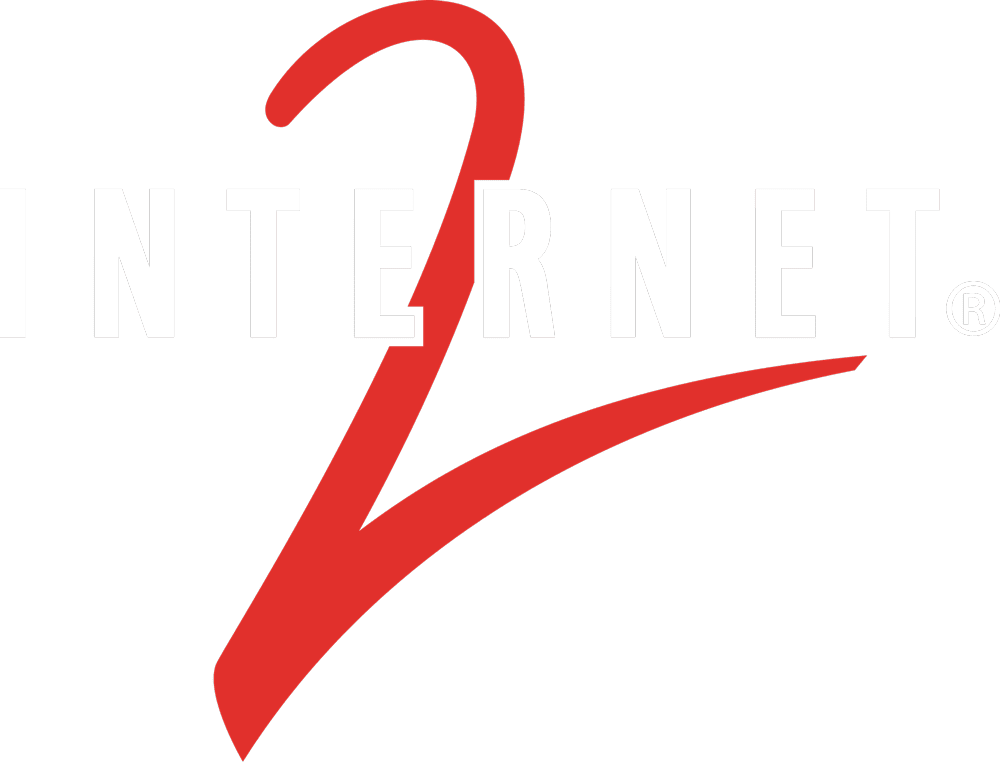Minority Serving – Cyberinfrastructure Consortium
About the MS-CC

The Minority Serving – Cyberinfrastructure Consortium (MS-CC) envisions a transformational partnership to promote advanced cyberinfrastructure capabilities on the campuses of historically Black colleges and universities (HBCUs), Hispanic-serving institutions (HSIs), tribal colleges and universities (TCUs), and other minority serving institutions (MSIs).
The MS-CC focuses on building a trusted community among institutions to advance the following efforts:
- Community and Capacity Building
- Workforce Development
- Research Support and Acceleration
To learn more about the MS-CC’s purpose, vision, community, and how you can get involved and join, please visit www.ms-cc.org
Internet2 and the MS-CC
In Summer 2020, a working group was formed with 15 representatives from the MS-CC along with Internet2 executive staff to envision a path forward for collaboration and expand the participation of HBCUs, HSIs, TCUs, and other MSIs with the Internet2 community.
The MS-CC and Internet2 built a relationship based on trust and transparency, and through it developed and administered a nationwide survey in December 2020; presented the survey results and spoke to the media; signed a Letter of Collaboration in the summer of 2021; and submitted a proposal to the National Science Foundation to secure funding and establish a Cyberinfrastructure Center of Excellence Pilot program.
Working in close collaboration with the MS-CC is driven by Internet2’s desire to ensure the equal participation of historically underserved institutions within the U.S. and global research and education communities. The participation of HBCUs, TCUs, HSIs, and other MSIs in our shared cyberinfrastructure is critical to our collective success in enabling access to the brightest minds, wherever they may be located.
NSF Cyberinfrastructure CoE Pilot
In September 2021, the MS-CC, Internet2, and American Indian Higher Education Consortium (AIHEC) were awarded nearly $3 million by the National Science Foundation over two years to fund a Cyberinfrastructure Center of Excellence Pilot to advance the research cyberinfrastructure capabilities and support systems for HBCUs and TCUs. (NSF Award # 2137123.) A key priority in 2022 is organizing a series of cyberinfrastructure and cybersecurity awareness workshops on the campuses of HBCUs and TCUs. The first workshop was held June 22-23, 2022, at North Carolina A&T State University campus and the second workshop took place August 17-18, 2022 at Salish Kootenai College. Learn more about the workshops that took place.
Latest MS-CC News
Minority Serving – Cyberinfrastructure Consortium Awarded Nearly $15 Million NSF Grant to Fund Cyberinfrastructure Investments, Research Facilitation Support
The Minority Serving – Cyberinfrastructure Consortium and Internet2 have been awarded a nearly $15 million grant from the National Science Foundation to support the acceleration of cyberinfrastructure-centric research capacity at HBCU and TCU campuses. This award, which is from the NSF’s Office of Advanced Cyberinfrastructure, is the second and largest direct NSF award to the MS-CC and Internet2. Read the official announcement.
Resources
- Catch the latest updates, watch the monthly All Hands Meeting recordings, and more with the MS-CC playlist on the Internet2 YouTube channel.
- Browse a map of MS-CC participating colleges and universities.
- Read the MS-CC Data and Computing Cyberinfrastructure Initial Report from February 2021.
- Read The Missing Millions: Bridging Digital Divides report. Published in October 2021, it identifies the many barriers limiting access to research data and computing, and proposes a mix of incremental changes as well as broader, systemic changes in the science and engineering enterprise. Funding for the research was provided by NSF OAC 2127459.
- Read Dr. Deborah Dent’s interview with Futurum Careers on The Missing Millions report (toward the bottom of the page). Dr. Dent is the chief information officer at Jackson State University, co-author of the report, and co-principal investigator on the NSF Cyberinfrastructure CoE Pilot grant.
- Read the Pulling Back the Curtain: Enrollment and Outcomes at Minority Serving Institutions report to learn more about minority serving institutions in the U.S.
- Read Democratizing Science Through Advanced Cyberinfrastructure. Published in Sept. 2022, this article explores knowledge, technical, and social barriers to accessing and using cyberinfrastructure and explores approaches to address them. It also highlights recent activities and investments at the National Science Foundation that implement some of these approaches.
